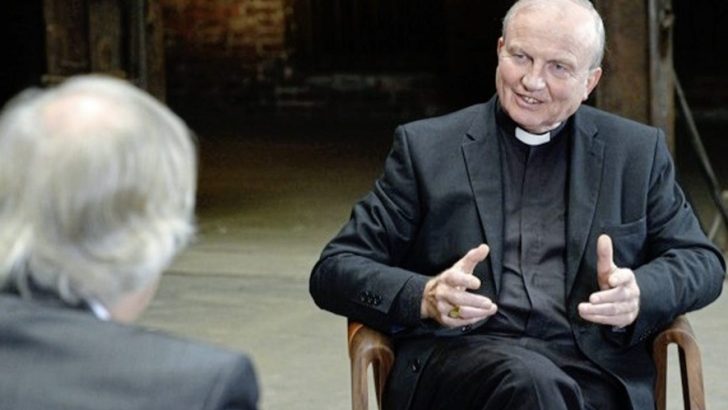Staff reporter
Bishop Donal McKeown has said that British Prime Minister Teresa May’s insistence on pushing ahead with a so-called ‘hard Brexit’ may cause many people in the North to consider the future as part of a united Ireland.
In a speech this week, Ms May indicated that she wanted to maintain the common travel area between Britain and Ireland. However, this seems increasingly implausible since she is also rejecting freedom of movement across EU states.
Writing in The Irish Catholic this week, Bishop McKeown warned that a hard North/South border on the island of Ireland could also increase the possibility that dissident paramilitaries might target border officers.
Structure
According to Bishop McKeown, “another possible effect [of Brexit] might well be a reconsideration of whether the economic future of Northern Ireland actually lies in the UK or in a new all-Ireland structure, as – in practice – the North and the Republic have become increasingly linked as regards the agri-food sectors, tourism and flexible working practices”.
“A hard border would also be quoted by some as proof that Northern Ireland is not actually a viable economic entity, cut off from the rest of the island,” he writes.
Looking towards fresh elections to the assembly due to be held on March 2, Dr McKeown said the poll points to the belief that “the war is over but the conflict between Irishness/Republicanism and Unionism is alive and well and that the Troubles were about political identity and not theological persuasion.
“It is important for outsiders to recognise that this election has been precipitated by Sinn Féin, not just because of one issue but in the context of the macro struggle between the two political and cultural traditions on the island,” he writes.


 Greg Daly
Greg Daly Bishop Donal McKeown
Bishop Donal McKeown 